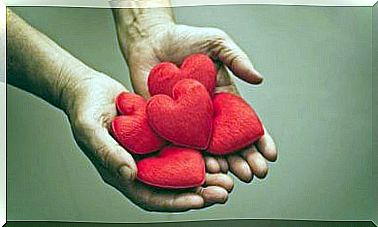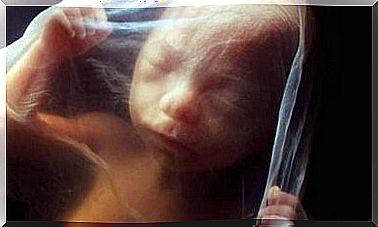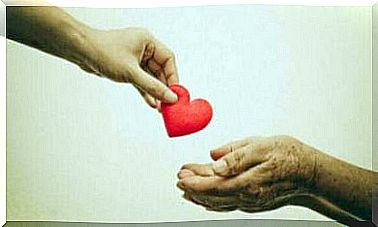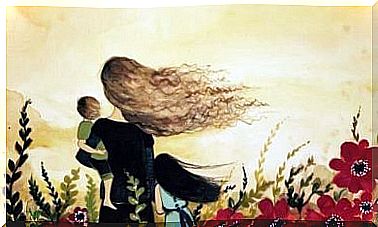Synchronicity, The Curious Science Of Coincidences

‘The world is small’ or ‘the world is a village’ are expressions that you have certainly used or heard. They are used when a chance or special event occurs. A chance meeting in a big city with someone you know is a good example of coincidence. But what if we knew that this could actually be related to a science called “synchronicity”?
While it may seem unbelievable, researchers have studied the relationship that could exist between two phenomena labeled as improbable. Or phenomena that seem impossible to connect. We are talking about people of the caliber of Carl Jung, for example, who coined the term synchronicity.
What is synchronicity?
Sometimes we think the universe is sending us signals when coincidences happen that seem amazing. For Jung, however, it was simply synchronicity, which can be defined as the simultaneity of several events linked together by something other than a coincidence.
That is to say, this particular science can be summed up in a temporal coincidence of a series of events (two or more), which, despite being related, cannot be termed cause and effect. However, there is a certain relationship between the two events.

We give an example. Imagine you have a good friend. One day, while you are chatting with your father, you talk about this friendship. You say his name, tell about his family, etc. Your father hears you more about this friend and discovers that you and your friend are distant relatives, because it turns out that your grandfather and his grandmother were second cousins.
In the example we see that the fact that you and your friend turn out to be distant relatives has nothing to do with your friendship and how it came about. Therefore, this is an important coincidence, with no interrelationship between the two cases.
More Curious Details About Synchronicity
Many have said something on this subject, without knowing anything specifically about this strange science. Take Friedrich Schiller. According to him, coincidences do not exist, and coincidences arise from deep wells of destiny. However, the surrealist André Breton recognized the existence of objective coincidence, when your desires come together with what the world has to offer.
But according to Jung, when we talk about synchronicity, we refer to the amalgamation of internal and external events. So to the one experiencing these events, the merging involved has meaning.
We normally explain these events with supernatural concepts, such as with chance or luck. Or sometimes even magic. In reality, however, it is a matter of unconscious attraction. An unconscious pull that causes it to happen. At least that’s what Jung thought. This brings us to pattern recognition.
Pattern Recognition
According to Jung, the death of a loved one or changing jobs can increase the energy for coincidences. This is due to the fact that these events bring about changes within ourselves. Changes that force us to look for patterns that give meaning to our search. Therefore, the sense of recognition that we all seem to have is the foundation for synchronicity.

According to the studies, we have large amounts of dopamine in our brains during stressful or emotional times. At times like these, we fall into magical thinking. However, it is this magic, or this coincidence, that is actually synchronicity.
However, we should not think badly of the necessity of looking for patterns. It is something very natural that takes place in our heads and it has existed since prehistoric times when people still lived in caves. In addition, this kind of thinking is linked to anhedonia. Its existence can cause an inability to experience pleasure. Actually, that’s a skill that has helped us survive for thousands of years.
Therefore, do not think that chance and destiny are idiotic. We are naturally inclined to look for patterns and in many cases our brains control that information in an unconscious way. However, it is a valuable mechanism that can help us make decisions. The magic destiny may not exist, but it can be nice and helpful to think it does.








